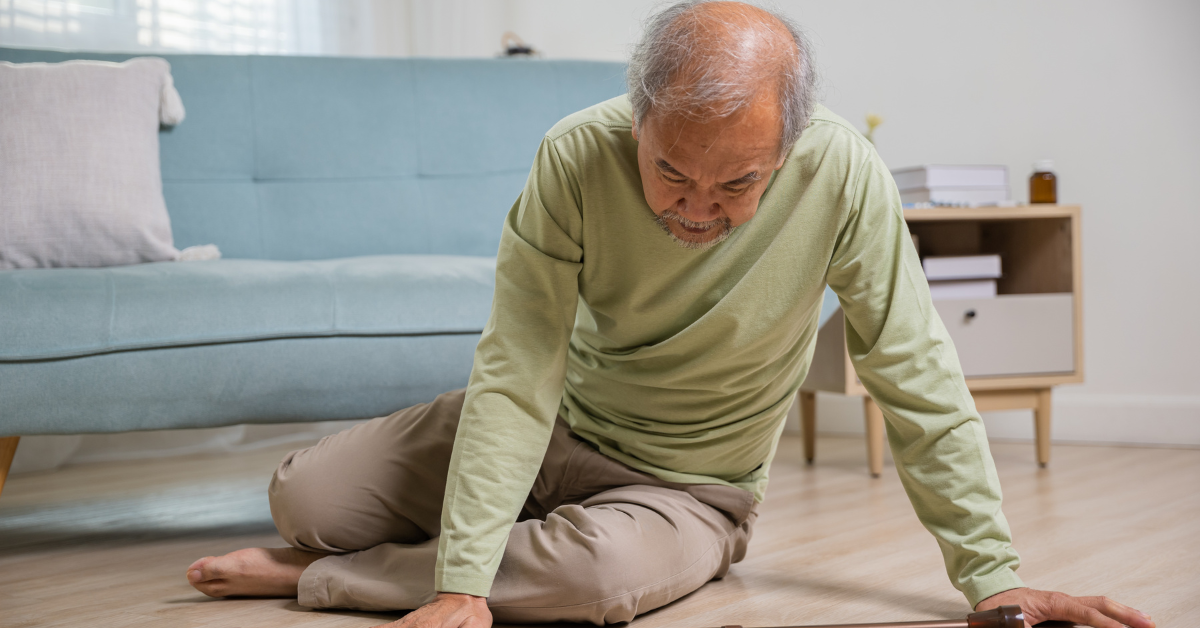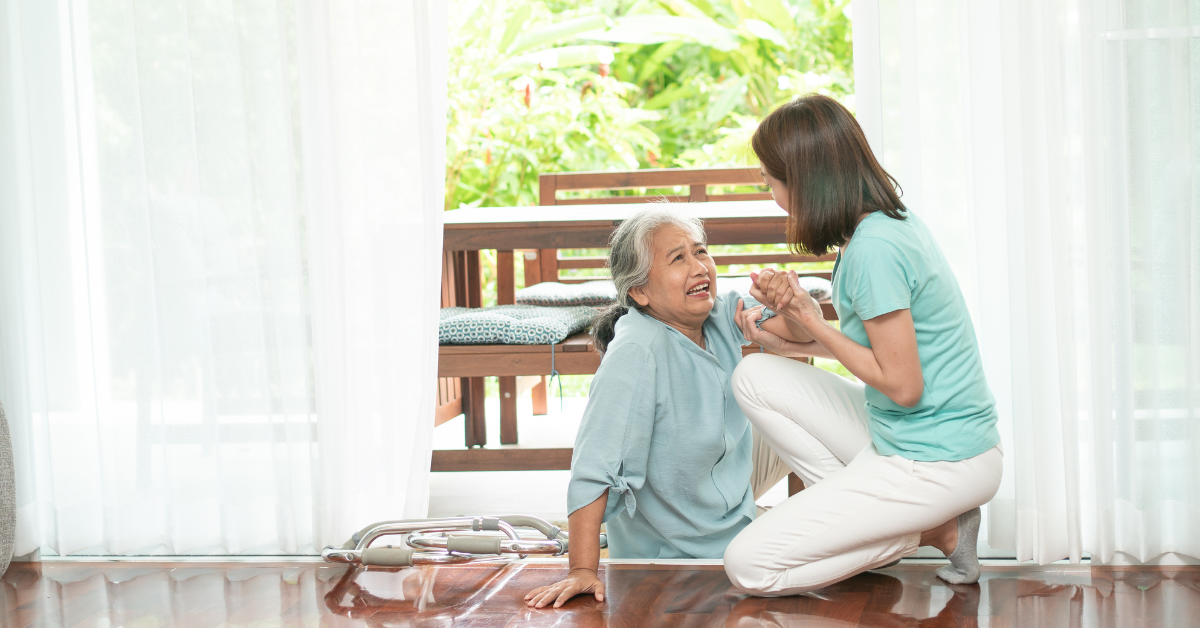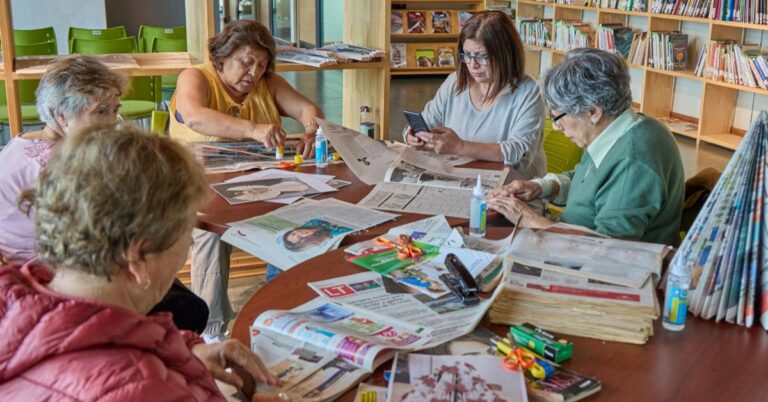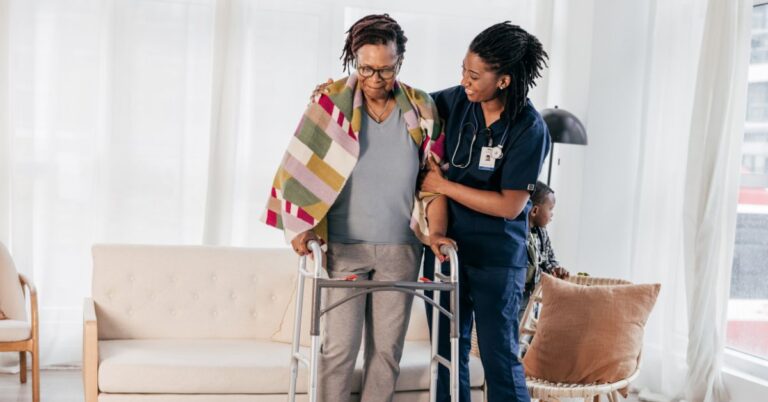
Fall Prevention for Seniors in Assisted Living in Dearborn, MI
Falls don’t have to be part of aging. Whether you’re living independently or considering assisted living homes in Dearborn, MI, you can take meaningful steps to protect yourself and maintain the independence you value.
Fall prevention becomes more meaningful when you realize it’s about preserving the life you love. The strategies we’ve discussed aren’t just safety measures—they’re pathways to continued independence and confidence as you age.
Your family wants to help and they often notice things you might miss. Let them be part of this journey. They can spot potential hazards and cheer you on as you make some of these positive changes.
Six Essential Strategies to Keep You Safe
Your safety matters and these approaches work because they address the real challenges you face daily.
1. Build your balance with simple daily exercises
Your muscles and balance improve when you stay active and this directly reduces your chances of falling. Try these exercises that work well for most people:
- Walking from your heel to your toe in a straight path
- Standing on one foot for 10-30 seconds, then switching sides
- Practicing simple side-stepping and cross-steps
- Gentle tai chi movements
Just 10 minutes each day can make a real difference in how steady you feel. Start with what feels comfortable—there’s no need to push yourself too hard initially. Your confidence will grow as your balance improves. If you have mobility challenges, many of these exercises work just as well while seated.
2. Talk to your health provider about your medications
Some medications affect your balance or make you feel dizzy or sleepy. When you take four or more medications together—what doctors call polypharmacy—your fall risk increases significantly. Each additional medication adds to this risk.
Your doctor needs to know about every medication you take, including over-the-counter ones. Pay special attention to these types of medications that are known to increase fall risk:
- Anticonvulsants and antidepressants
- Blood pressure and heart medications
- Sedatives, sleep aids and anxiety medications
- Anti-inflammatory drugs and pain medications
Please don’t stop taking any prescribed medication on your own. Your doctor can often adjust dosages or change when you take them to reduce side effects while keeping you healthy.
3. Keep up with your vision and hearing care
Changes in how well you see or hear can throw off your balance more than you might realize. Poor vision makes it harder to spot obstacles in your path, while hearing loss is a risk factor for falls.
Schedule eye exams every year and let your healthcare provider know right away if you notice changes in your vision. The same goes for hearing—if you’re having trouble, get it checked. Hearing aids that fit properly might actually help reduce your fall risk by improving your awareness of your surroundings and helping with balance.

4. Use helpful devices without feeling embarrassed
There’s nothing wrong with using tools that help keep you safe. A properly fitted cane or walker gives you extra stability when you need it. Bathrooms can be particularly risky, so grab bars near the toilet and in the shower make good sense.
Other useful items include raised toilet seats, shower chairs and handrails on both sides of the stairs. A reacher or grabber tool means you don’t have to stretch dangerously for items on high shelves.
5. Choose shoes that keep you steady
What you wear on your feet matters more than you might think for staying upright. The safest shoes have these features:
- Low heels (under 1 inch)
- Non-slip, rubber soles with good tread
- Proper fit (not too loose or tight)
- Good support with secure fastenings like laces, straps or Velcro
6. Give yourself time when changing positions
Many falls happen when you get up too quickly. Your blood pressure can drop suddenly when you stand—a common issue for older adults that causes dizziness or lightheadedness.
When you get up from lying down or sitting, take it step by step. Sit on the edge of your bed for a moment before standing all the way up. This gives your body time to adjust and keeps proper blood flow to your brain.
A Path to Confident Independence
Each person’s situation looks different. What works for your neighbor might need adjusting for your specific health conditions or living space. The beauty lies in starting small and building confidence as you go.
You don’t have to tackle everything at once. Pick one strategy that feels manageable—maybe clearing those hallway rugs or asking your doctor about your medications. Once that becomes routine, you can add another piece to your safety plan.
Questions about which steps make the most sense for you? Professionals can help you create a plan that fits your life perfectly. Call Corewell Health – The Commons at Dearborn at (800) 642-4663 and schedule a tour to see how their caring environment supports your independence.
FAQs
Q1. What are some effective fall prevention strategies for seniors?
Key strategies include staying physically active with balance exercises, reviewing medications with a doctor, getting regular vision and hearing checks, using assistive devices when needed, wearing proper footwear and standing up slowly to avoid dizziness.
Q2. How can I make my home fall-proof?
To create a safer home environment, remove tripping hazards like loose rugs and cords, install grab bars and handrails, improve lighting in hallways and bathrooms, use non-slip mats in bathrooms and keep frequently used items within easy reach.
Q3. When should I consider memory care or skilled nursing for a loved one?
Consider memory care when a loved one experiences increasing confusion, disorientation or wandering behaviors that pose risks. Skilled nursing may be appropriate for comprehensive rehabilitation services following hospitalization or when more intensive care is needed.





